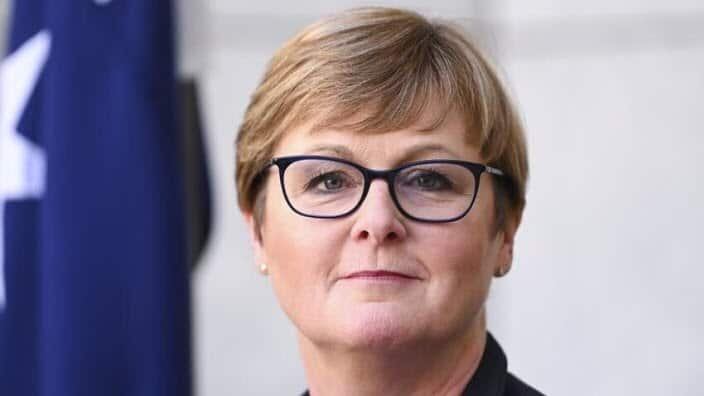Australia's military chiefs are re-thinking the nation's ability to better deal with security threats in the Indo-Pacific.
But a strategic expert says that rethink will be meaningless if it isn't accompanied by billions more spending on the latest technology.
The major reassessment comes only three years after the government released its last Defence white paper.
That paper identified US-China relations, challenges to global order, terrorism and state fragility as the major trends shaping the region. But Defence Minister Linda Reynolds says the paper underestimated the speed of change.
But Defence Minister Linda Reynolds says the paper underestimated the speed of change.

Defence Minister Linda Reynolds. Source: AAP
"The world has changed more quickly than we assessed in 2016," Senator Reynolds told a conference in Sydney on Tuesday.
"We need to assess these changes and challenges in a hard-headed manner to adapt to the rapidly changing world around us."
The Australian Strategic Policy Institute's Defence director Michael Shoebridge said people had noticed for some time that events had overtaken what was predicted in the 2016 plan.
"Between a more assertive China under President Xi and a more selfish US under Donald Trump, it leads you to the conclusion that Australia is going to have to do more for its own security," he told AAP.
This was compounded by the rapid developments in military technology, particularly drones and similar unmanned undersea vehicles.
The minister said Defence would need to change its strategy, capability and organisational structures.
But Senator Reynolds rejected suggestions the department would need to completely re-evaluate its approach.
"The foundations that underpin it (the 2016 white paper) are still absolutely applicable," she told reporters.
"But as we can all see, it is self-evident that the geostrategic circumstances we live in, technological disruption, is changing.
"I think every single Australian would expect us to make sure that not only do we deliver this capability, but we make sure that it deals with emerging threats."
Mr Shoebridge said a change in strategy usually led to adjustments to capability and the resources used to implement that new direction.
"$40 billion sounds like a lot, but with those big changes in the world, particularly when you roll in technological change, it's hard to see being able to square the circle with the same budget," he said.
"If you're not going to increase the budget then you've got to carve the money out of where you're already spending it."
Even if the government kept its commitments to building and buying big new military equipment, technological changes meant those ships, submarines and the like would need to be backed up with unmanned vehicles or risk being vulnerable, he said.

